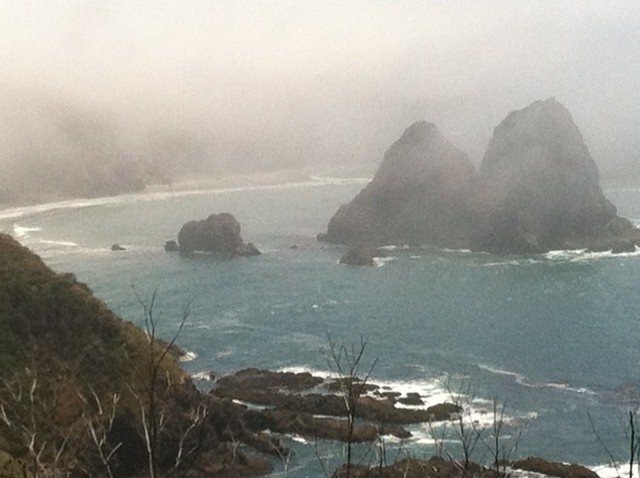Mark Twain’s The Diaries of Adam and Eve has been a fun and easy read here at a friend’s ranch in Calistoga, California, where I’m enjoying a few more days of vacation. Twain wrote it in his later years, and it is a wonderful bit of midrash on the biblical story of creation and the Fall, as well as men and women and our enduring inability to understand one another. You might call it a cleverer version of Men Are From Mars, Women Are From Venus.
Strikingly, Twain seems to sympathize more with Eve than with Adam. If Adam is a bit of a slow learner and a dolt when it comes to his newfound companion, preferring to sit around and smoke cigars on the Sabbath, Eve is a precocious explorer, waxing philosophical between occasional fits of emotion. In short, Eve is much more interesting. Whereas Twain attributes Adam’s eating of the apple to hunger and stupidity, Twain seems to imply that an insatiable curiosity, desire to please Adam and love of the beautiful are the source of Eve’s undoing.
Here is Eve after marveling at the moon: “…I already being to realize that the core and centre of my nature is love of the beautiful, and that it would not be safe to trust me with a moon that belonged to another person and that person didn’t know I had it. I could give up a moon that I found in the daytime, because I should be afraid some one was looking; but if I found it in the dark, I am sure I should find some kind of an excuse for not saying anything about it.” Then later this: “At first I couldn’t make out what I was made for, but now I think it was to search out the secrets of this wonderful world and be happy and thank the Giver of it all for devising it.”
If the lesson here is that even our noblest, most lovely, human impulses can be the very things that undo us, it is also this (as underlined in both Adam and Eve’s observations): that living in companionship outside the garden after the Fall is better than living alone inside the garden (the pre-Fall paradise).

